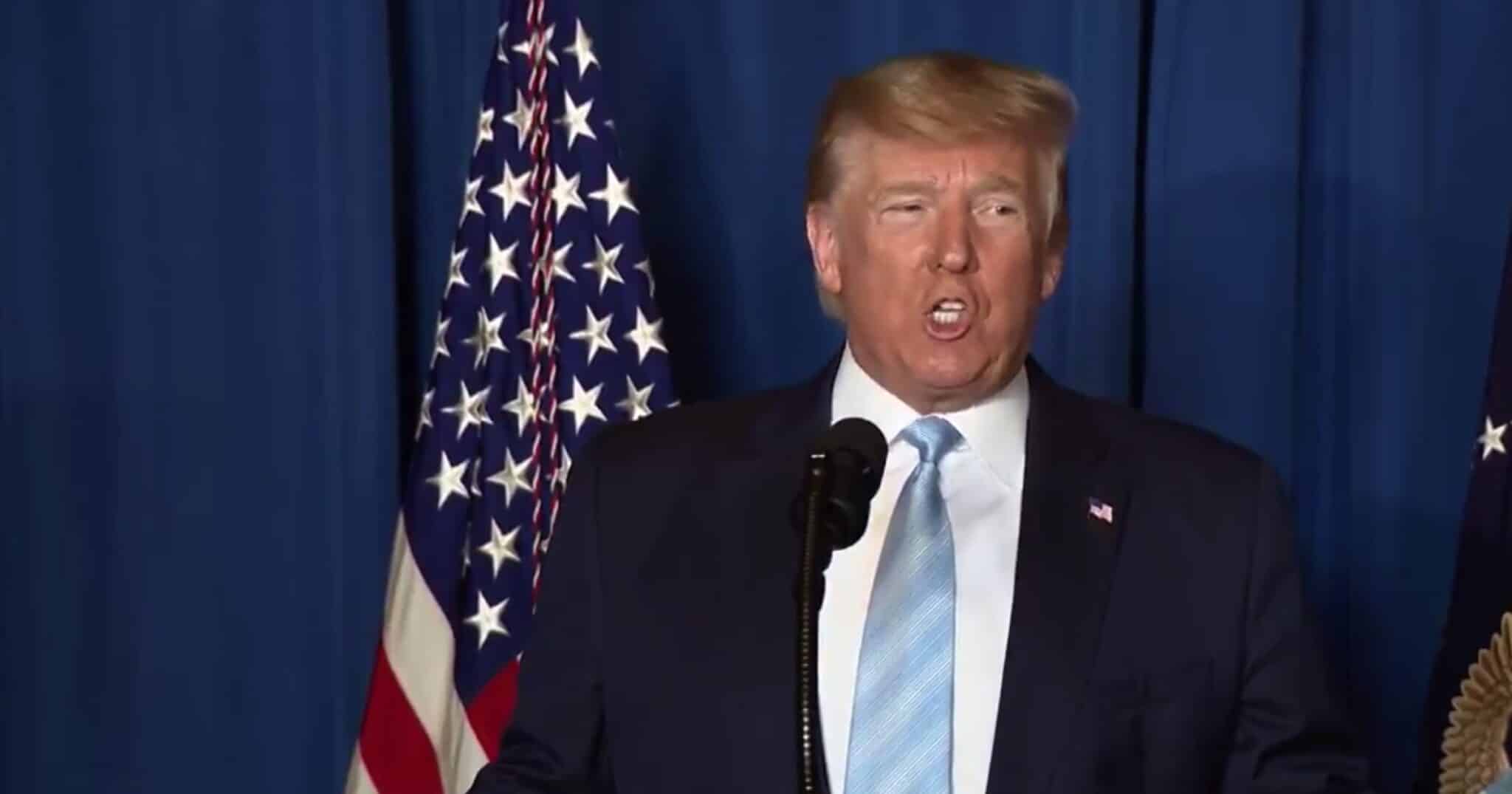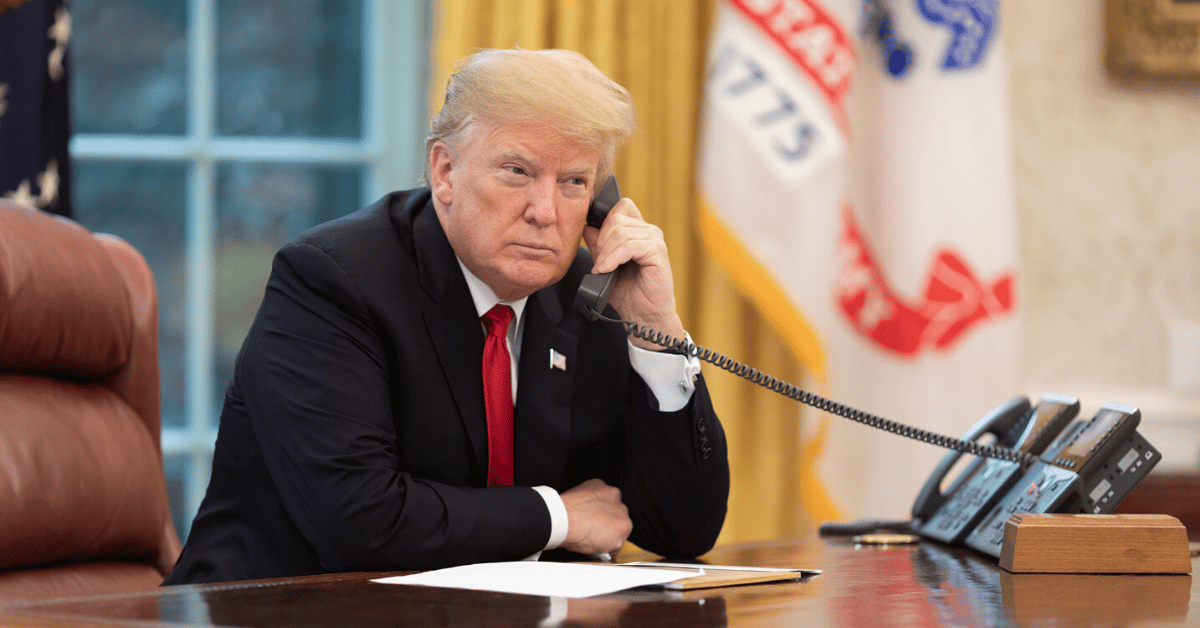




A federal judge directed Alabama to cease its practice of labeling registered voters as noncitizens until the conclusion of the November election.
Breitbart reported that Judge Anna M. Manasco's ruling underscored federal concerns about election law violations and questioned Alabama's timing and method of flagging voters.
The debate began with Alabama Secretary of State Wes Allen's introduction of a program to remove noncitizen names from the state's voter rolls. Initiated on August 13, the program used identification data drawn from the Department of Homeland Security to scrutinize a vast pool of voters.
Over 3,251 registered names were questioned and notified of their inactive status, pending confirmation of their citizenship.
These efforts are designed to prevent non-citizens from voting but activist judges are jumping in to keep individual states from purging non-citizen voters from registries.
As the program unfolded, alarms were raised by both native-born and naturalized citizens who received notices erroneously marking them as inactive.
The Department of Justice grew concerned as the proximity of these actions to the upcoming elections appeared to breach the National Voter Registration Act's restrictions regarding voter list maintenance.
Assistant Attorney General Kristen Clarke emphasized that the law prevents voter roll maintenance efforts near elections to avoid stripping eligible participants from the rolls in error-laden processes. This protective measure, known as the Quiet Period Provision, played a crucial role in the judge's decision.
Civil rights advocates quickly responded, citing the program as a source of "chaos and uncertainty" poised to disrupt the 2024 election.
In response to legal challenges and a growing public discourse, Judge Manasco addressed her concerns. She remarked on the program's implication of criminal investigation, noting a lack of visible recourse for those wrongly flagged. Her ruling favored halting the initiative but did not extend relief beyond November 5, nor did it address allegations of discrimination.
Efforts by state authorities to rectify the mistake and restore voter status further highlighted the necessity of the election law's 90-day restriction. "Those efforts underscore the significance of the deadline," Manasco stated, noting the swift possibility for effective solutions.
Secretary of State Allen defended his actions, reiterating his commitment to preventing ineligible participation in elections.
Allen maintained his proactive stance, having previously testified before Congress on similar voter integrity issues.
Despite these intentions, the court's decision demands immediate de-escalation of the program, raising questions about how state election officials will proceed with voter roll maintenance in compliance with federal mandates.
Moving forward, the dialogue surrounding voter eligibility, data accuracy, and state authority remains at the forefront of Alabama's election landscape, with implications reverberating possibly beyond state borders.
Voters, who await resolution with bated breath, serve as a reminder of the critical balance between security and accessibility in the democratic process.



